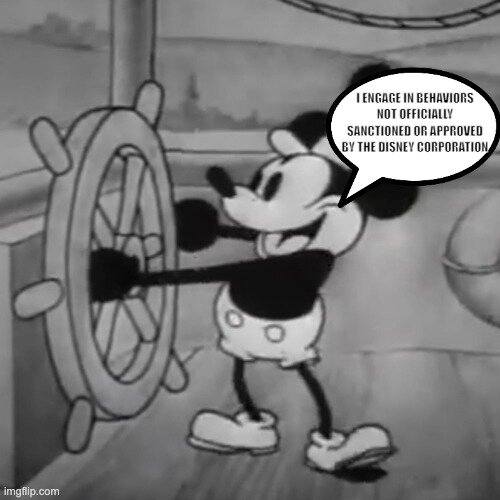In my opinion, the harder lawyers try to protect something, the more interested thieves will be in obtaining that product. If it were possible to obtain graphic material legally at a reasonable price, many authors would use this system to illustrate their books, but the greed of publishers prevents any productive exchange. I was never able to publish my book on the Tintin rocket because of the irrational rejection of the Moulinsart publishing house, and my book contained only drawings made by me and not a single illustration by Hergé!!!
The problem has already been discussed here by authors who complained about the high price of the photographs with which they tried to illustrate their books. Books are copied less because there are fewer and fewer people who read only texts because they prefer books with illustrations, a vicious circle.
The problem has already been discussed here by authors who complained about the high price of the photographs with which they tried to illustrate their books. Books are copied less because there are fewer and fewer people who read only texts because they prefer books with illustrations, a vicious circle.

